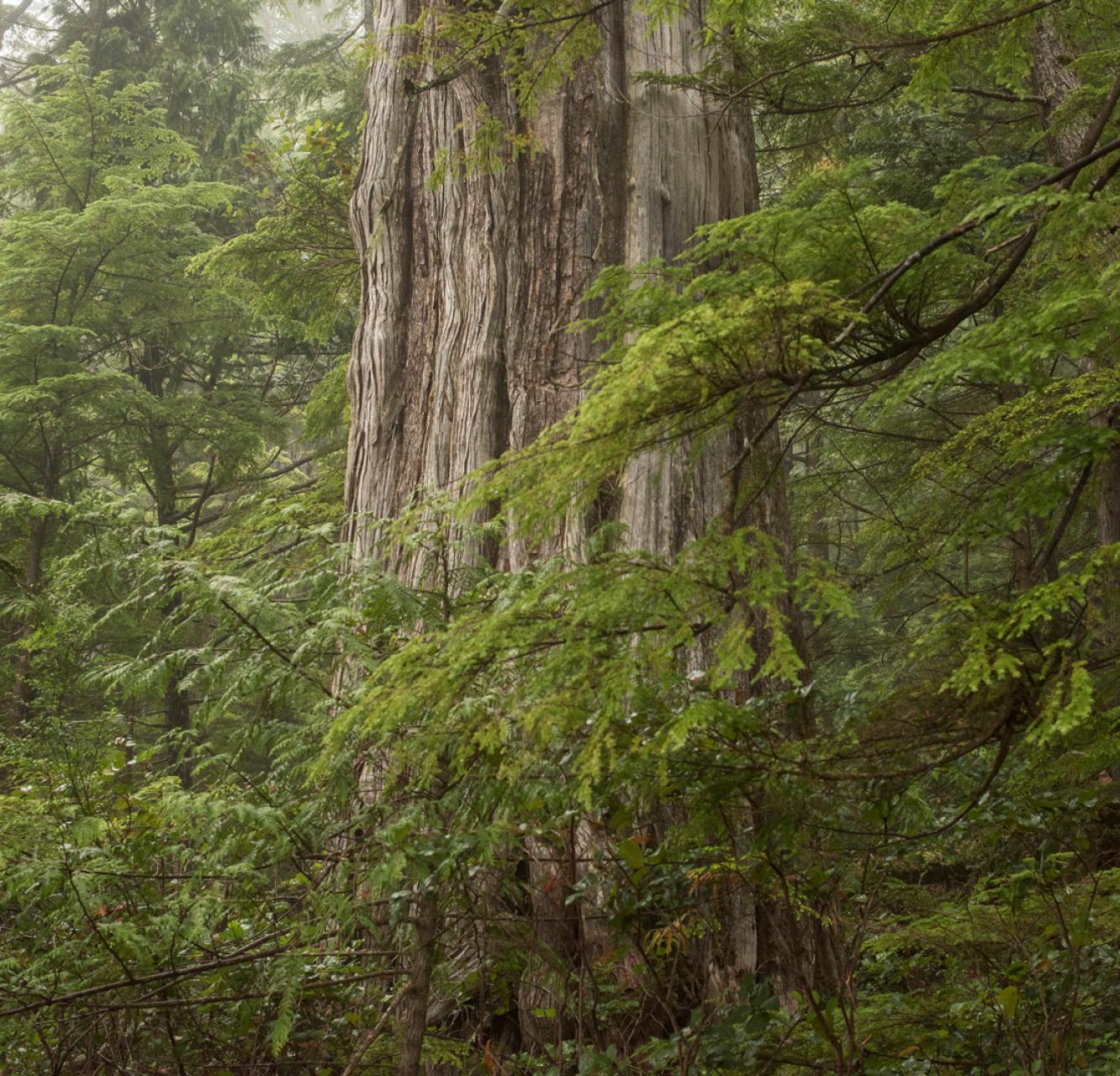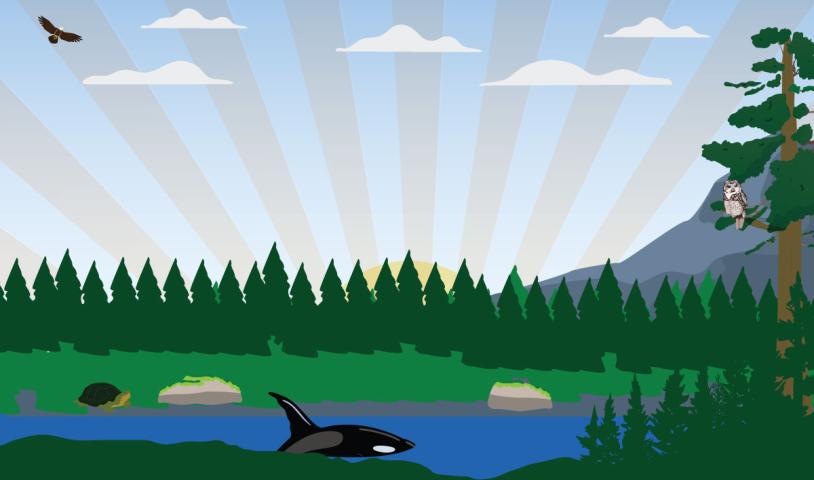Making Change ‑ Wild Times
Sunday, November 9, 2008
November 10th, 2008 - Read Joe Foy's Wild Times column in the Watershed Sentinel as he asks for a little change.
By Joe Foy
I was recently at a public hearing in the Fraser Valley community of Mission. The room was packed. We were all there to speak to a proposal put forward by Mission council to rezone the little community of Silverdale from rural to urban to allow developer giant Genstar corp to build a mega-town. The new town would be a brand new car-dependent twin of Mission City. Most people, myself included, were vehemently opposed, arguing that the existing town of Mission should be the site of new housing. But one of the developer’s supporters pointed out that Silverdale had been targeted for urban development on municipal maps as far back as 1962, so we might as well all get on with it.
That got me to thinking. I lived in the Fraser Valley in 1962 and I vividly remember what it was like. At least I remember what it was like for a kid. I was in grade two.
I remember piling into the Ford station wagon with all my family. There was no clicking of seatbelts. There were no seatbelts to click! And everywhere you went, it seemed just about everyone was smoking. I remember it was handy being a kid because in a crowded restaurant your short stature got you below the blue haze so at least you could see.
The thinking on smoking and seatbelts and even development has changed since 1962, thank goodness. In 2008 of course seatbelts are everywhere, public spaces are smoke free and not everyone agrees that paving farmland is progress. But what created that transformation? Where does deep societal change come from?
If you ask me, change comes from a mixture of tears and courage. Tears over needless tragic loss mixed with the courage to change for a better future.
These days in British Columbia I figure there’s enough tears to float a mighty big boatload of change. We’ve lost an awful lot of things since ’62. Important things, vast forests laid low, huge salmon runs decimated, farms paved, species like the spotted owl and south coast orcas on the brink.
But there is hope – lots of it.
Take the good folks out in Mission. They are just not going to take it anymore. They’ve formed a group called CAUSS – Citizens Against Urban Sprawl Society. CAUSS says that rural communities are important for people and fish and wildlife habitat and should be conserved. And people all over the Fraser Valley are agreeing. Hundreds have been turning out to the public hearings in Mission to demand compact growth in existing centres, and more preservation of rural communities like Silverdale.
In Delta and Surrey, citizens are fed up with the province’s plans to punch freeways over their homes and through their communities for the Gateway project. They’ve started to fight back with a vision of more transit and rails and less blacktop and smog.
In Victoria, 3000 people recently gathered on the lawn of the Legislature to demand an end to logging in old growth forests, to preserve the big trees and the endangered species that depend on them. Environmentalists, forest workers and First Nation leaders stood shoulder to shoulder calling for the sustainable harvest of second growth forests and a complete ban on log exports to preserve milling jobs.
Can you imagine a province that values and protects its rural lands and people? Can you envision a BC that doesn’t cut old growth forest any more, has endangered species legislation and bans toxic chemicals from lawns, gardens, schools, and homes. Can you see a time when our leaders put transit before freeways and want to see our power stay public and our rivers stay wild? Are you awaiting the day when the salmon farms go away?
This November at the civic election and next May at the provincial election take the time to actively support and vote for those courageous candidates that imagine the future the way you do. Buckle up. The future is just around the bend.
Joe Foy is Campaign Director for the Wilderness Committee, Canada’s largest citizen-funded membership-based wilderness preservation organization, which has 28,000 members from
coast to coast.






